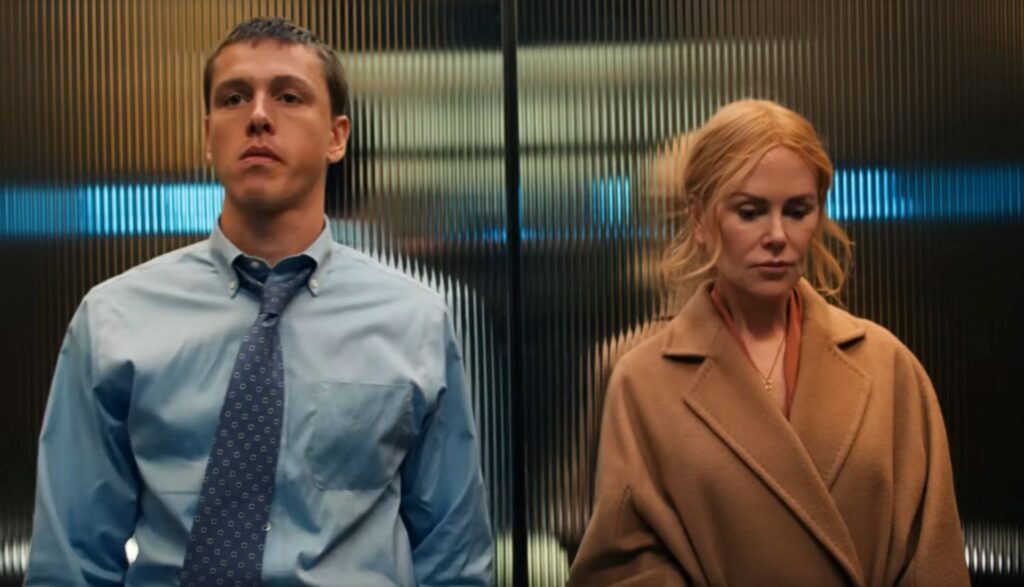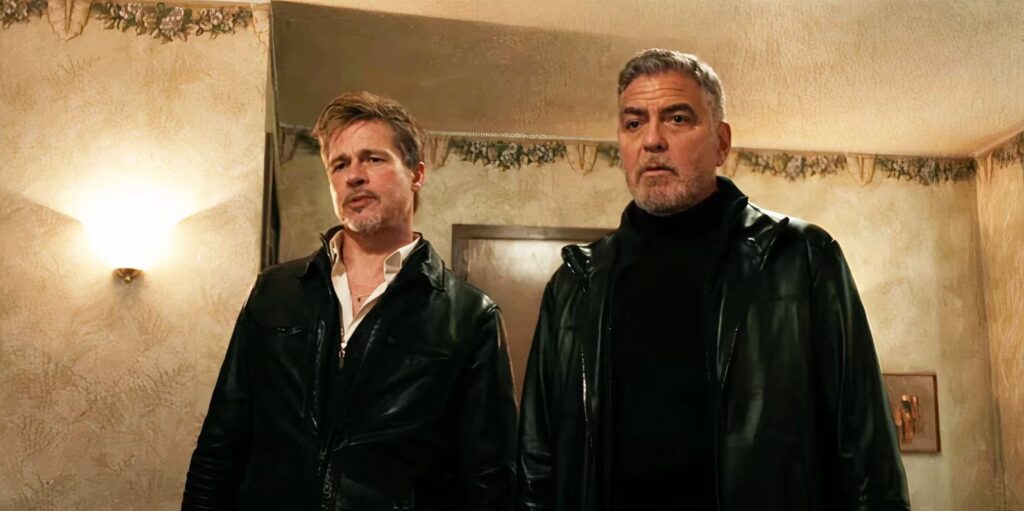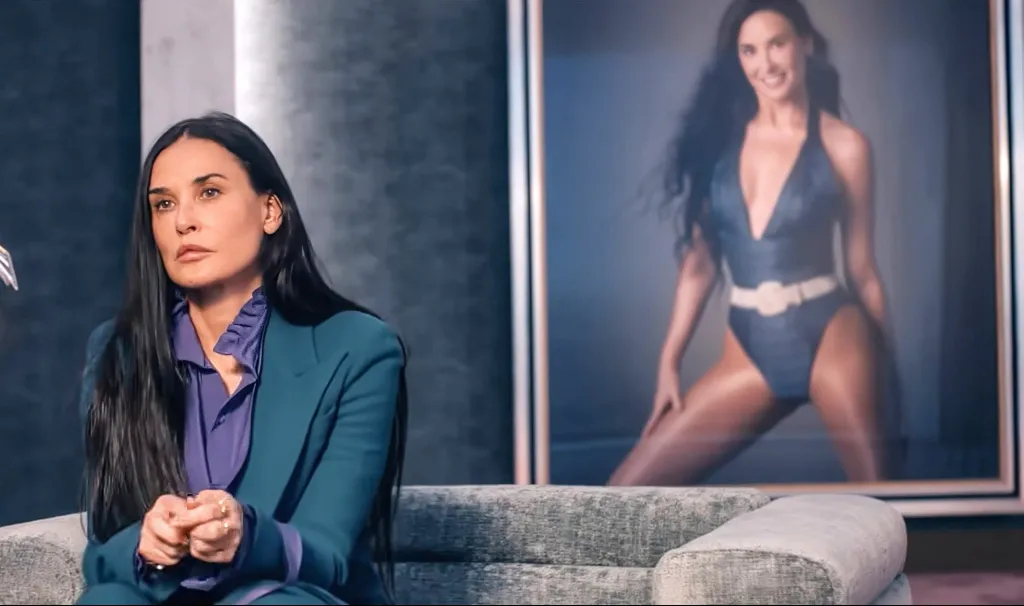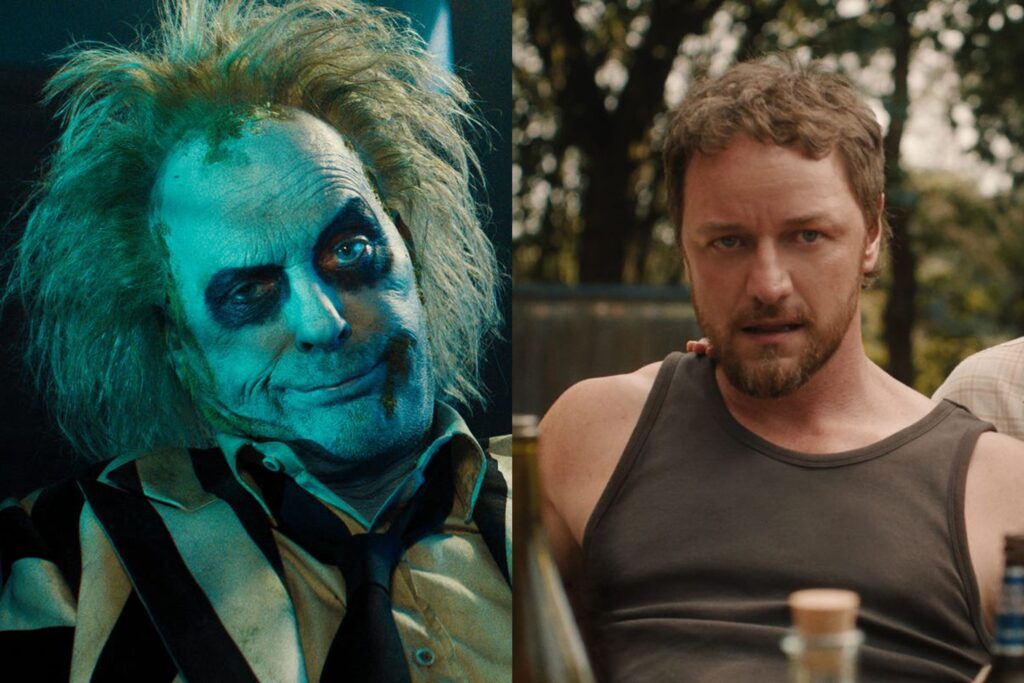Presence: Phantom Dread
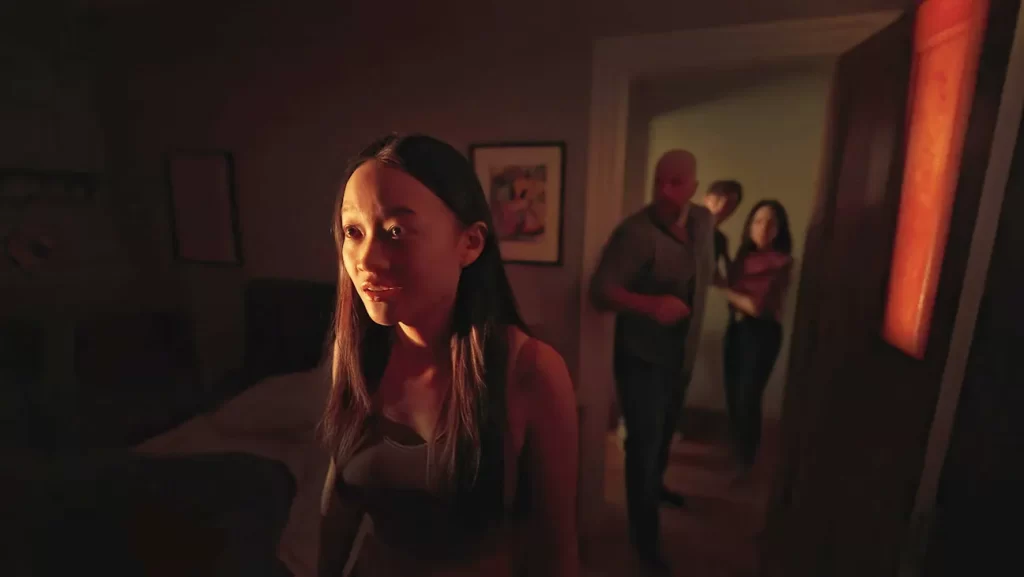
As auteurs go, Steven Soderbergh is relatively humble. His closing credits never use the phrase “a film by,” and while he typically shoots and edits his movies himself—not since 2011’s Contagion has anyone else fulfilled either of those roles in one of his features—he also deploys pseudonyms (Peter Andrews for cinematography, Mary Ann Bernard for editing), as if to minimize the fastidious control he exerts over his own productions. That’s especially noteworthy in the case of Presence, given that its star is, well, Steven Soderbergh—or rather, his camera.
To be sure, there are actors in this movie, which centers on a white-collar nuclear family that’s just moved into an appealing new home in suburban New Jersey; Lucy Liu and Chris Sullivan play the parents, respectively named Rebekah and Chris, while their disaffected teenage children are Tyler (Eddy Maday) and Chloe (Callina Liang). But the heart of Presence is its titular entity, an invisible being that roams about the house in a state of persistent curiosity, and whose field of vision doubles as the audience’s point of view. Read More

